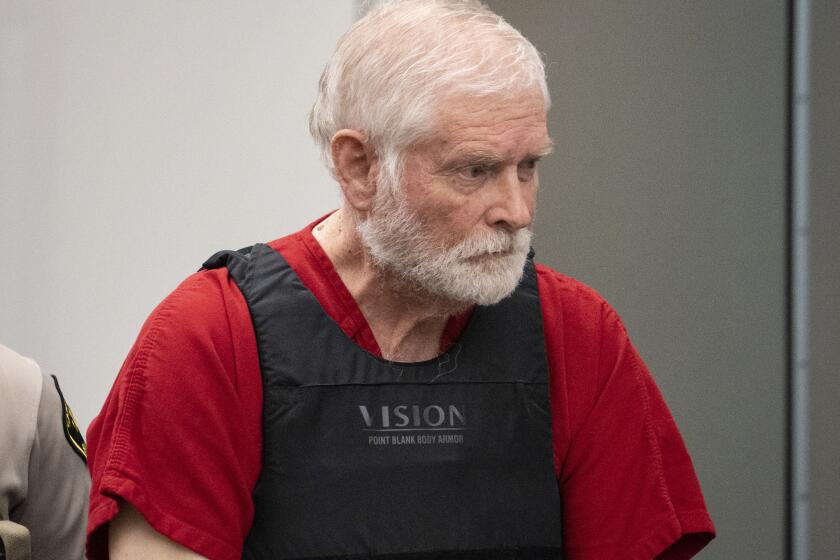Temer inaugurates Sirius accelerator, Brazil’s biggest science complex
Brazilian President Michel Temer on Wednesday participated in the inauguration ceremony for the Sirius electron accelerator, the biggest scientific infrastructure project in the South American giant and one which places Brazil within a “select club” of countries possessing this type of technology.
At the ceremony in Campinas, in the interior of Sao Paulo state, Temer and Science and Technology Minister Gilberto Kassab agreed in their public remarks that this first stage of Sirius puts Brazil “in the forefront” of the countries deemed to be reference points in global research.
“It’s always said that Brazil is the country of the future. But I say that, with this inauguration and this now-established project, the future has already arrived in Brazil and it will make (the country) greater,” said Temer.
The president added that bringing Sirius to fruition is “proof” that the country “is taking big steps forward” and it should be “a source of pride for all Brazilians.”
“Brazil is entering the select club of countries that have a fourth-generation electron accelerator,” Temer emphasized, given the fact that the South American giant, along with Sweden, are the only nations to have equipment of this kind.
Along the same lines, Kassab emphasized that the Sirius device, housed in a facility 68,000 square meters (732,000 square feet) in size - an area equivalent to a soccer stadium - “was among the priorities” of the Science and Technology Ministry and bringing it on line is an “immense satisfaction.”
“It’s like an automobile race. Each year, someone is out front. Brazil undoubtedly is in the ‘pole position’ with this equipment,” the minister said.
He added that, quite apart from the benefits to the scientific community, “Brazil is the winner” since, with Sirius assorted “organic and inorganic materials” from a wide variety of sectors - medicine, agriculture and electronics, for instance - will be able to be “thoroughly” studied.
Also present at the ceremony were Campinas Mayor Jonas Donizetti, National Center for Energy and Materials Research president Antonio Jose Roque and assorted regional and local officials.
When completed, the Sirius project will consist of three fourth-generation electron accelerators, which will enable scientists to study the structure of items such as proteins, viruses, rocks, plants and metallic alloys in a manner like using X-rays, but with much higher resolution.
Launched in 2012, Sirius is scheduled for completion in the second half of 2019, when it will commence its activities as an “open laboratory” with 13 research stations, a figure that could be expanded to 38 experimental terminals in subsequent years.



